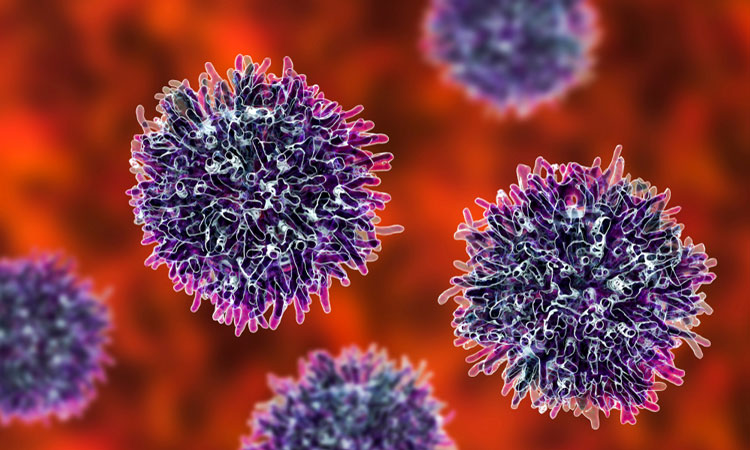New data: Visugromab targets ADC resistance mechanism
Posted: 16 May 2025 | Drug Target Review | No comments yet
CatalYm announces new preclinical data showing that its clinical-stage antibody, visugromab, can overcome resistance to antibody-drug conjugates (ADCs), showing potential to restore anti-tumour immune responses in solid tumours.


CatalYm has announced new preclinical data showing that its lead clinical-stage antibody, visugromab, can significantly enhance the effectiveness of antibody-drug conjugates (ADCs) by neutralising Growth Differentiation Factor 15 (GDF-15), a key driver of treatment resistance.
ADCs are an increasingly important class of cancer therapies, known for their precision and potency in treating solid tumours. However, many patients develop resistance, limiting long-term benefit. CatalYm’s latest study reveals that ADCs themselves may trigger the release of GDF-15, a protein linked to immune suppression and tumour progression.
The research showed that several clinically validated ADCs, including those based on topoisomerase I and microtubule inhibitors, consistently induced GDF-15 expression in tumour cells. This response was observed across multiple solid tumour types, both in vitro and in vivo, and was associated with reduced therapeutic efficacy.
AI-powered drug discovery: Accelerating the development of life-saving therapies
18 September 2025 | 14:00PM BST | FREE Webinar
Join this webinar to learn how AI is accelerating early-stage drug discovery and improving target identification, practical strategies for applying AI effectively within your organisation and to ask your questions to our industry expert! Dr Remco Jan Geukes Foppen will share practical insights into how AI is being applied across the pharmaceutical sector, helping teams move faster and make better-informed decisions. With experience spanning data management, image analysis, bioinformatics, and machine learning in clinical research, he brings both deep technical expertise and strategic understanding of real-world challenges.
Register Now – It’s Free!
Visugromab restores immune response and boosts anti-tumour activity
By neutralising GDF-15, visugromab was able to reverse this resistance mechanism, leading to significantly improved anti-tumour responses. The combination of visugromab with ADC therapy not only slowed tumour growth but also enhanced immune cell infiltration and activation in the tumour microenvironment, which are key factors in durable treatment success.
By neutralising GDF-15, visugromab was able to reverse this resistance mechanism, leading to significantly improved anti-tumour responses.
“We are building a broader understanding of GDF-15 as a key resistance mechanism activated by targeted approaches like ADCs as well as the leading immunotherapies like PD-1 inhibitors,” said Dr Christine Schuberth-Wagner, Chief Scientific Officer at CatalYm. “By blocking GDF-15, visugromab restores anti-tumour immune activity and enhances treatment efficacy, underscoring its potential as a versatile combination partner across a broad spectrum of cancer therapies beyond immunotherapies.”
Building on strong clinical evidence
These preclinical insights expand on results from CatalYm’s ongoing GDFATHER-1/2a Phase I/IIa trial (NCT04725474), recently published in Nature. The clinical data demonstrated that visugromab can induce deep and durable responses in patients with advanced solid tumours, particularly those who no longer respond to PD-1/PD-L1 checkpoint inhibitors. The drug also showed potential in addressing cancer-associated cachexia, a severe complication affecting many cancer patients.
Broad clinical development underway
CatalYm is currently conducting a global Phase IIb development program evaluating visugromab in non-squamous non-small-cell lung cancers and hepatocellular carcinoma, in addition to neoadjuvant treatment for urothelial cancer in combination with standard of care.
“ADCs continue to demonstrate potent and specific therapeutic impact, nevertheless resistance is a significant challenge for long-term patient benefit,” said Scott Clarke, CEO of CatalYm. “In addition to our Phase II clinical development program, CatalYm will continue to investigate how our GDF-15 neutralising antibody visugromab can create a novel path to address cancer resistance effectively.”
Related topics
Antibodies, Drug Development, Drug Discovery Processes, Immuno-oncology therapeutics, Immunotherapy, Oncology, Translational Science
Related conditions
Cancer
Related organisations
Catalym








